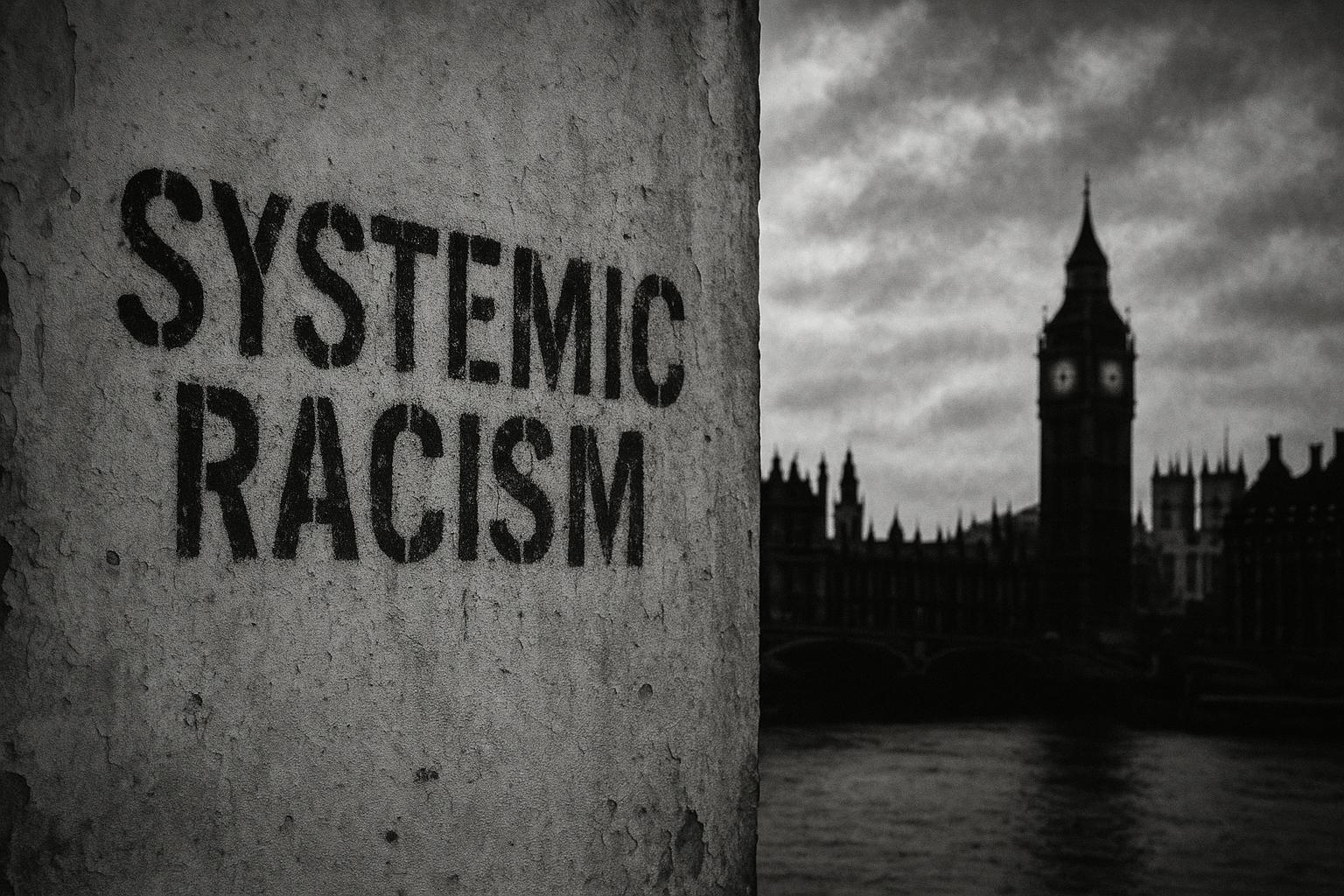The Metropolitan Police have opened a criminal investigation after racist graffiti containing the N-word was found daubed on a toilet wall within Charing Cross police station in central London. The graffiti was discovered on 29 August, shortly after the Notting Hill Carnival, in an area accessible exclusively to officers, staff, and authorised personnel. This incident comes amid a broader backdrop of persistent allegations of toxic behaviour at the station, which has recently seen nine officers suspended amid claims of excessive use of force, racism, and misogyny. The Independent Office for Police Conduct (IOPC) is currently investigating these claims independently.
A Metropolitan Police spokesperson confirmed that the graffiti was reported promptly and a hate crime investigation was immediately launched in collaboration with the force’s directorate of professional standards. Insider sources suggest that the Met suspects the responsible party is likely someone employed by the police force itself. The IOPC stated it had been unaware of this report until now and clarified that the graffiti incident was not part of the allegations sent to them last week, although they will be liaising with the Met for further information.
Charing Cross police station has a well-documented history of scandals involving racist and sexist conduct among officers. An Independent Office for Police Conduct report in 2022 exposed horrific messages exchanged between officers from 2016 to 2018, including jokes about raping women, comments about the deaths of black babies, and references to the Holocaust. This behaviour was primarily linked to personnel based at Charing Cross. Disturbingly, despite established misconduct, some officers involved were promoted, highlighting concerns over the force’s disciplinary procedures and organisational culture.
In recent years, campaigns and activism have brought attention to misogynistic, racist, and homophobic attitudes within the Met. For example, in early 2022, the Women’s Equality Party staged protests using fake 'appeals for information' to highlight police misogyny, applying pressure for a comprehensive inquiry. Furthermore, investigations into bullying, exploitation, and inappropriate conduct within units operating out of Charing Cross and West End Central led to some units being disbanded after serious findings were made.
The findings of these inquiries have not only undermined public trust but have also prompted calls for systemic reform. The National Black Police Association has been vocal, condemning the discovery of racist graffiti as evidence that racism remains deeply entrenched within the Metropolitan Police. Its president, Andy George, criticised the leadership for failing to adequately address these issues and warned that such problems extend beyond individual stations. George has called on the London Mayor, Sadiq Khan, who oversees the Met, to exercise stronger accountability measures over the force’s commissioner.
Mayor Khan responded to the graffiti incident stating that he was appalled by the reports and reaffirmed his commitment to zero tolerance of racism within the police. He emphasised that the hate crime investigation “must leave no stone unturned” and promised to continue holding the commissioner accountable to ensure Londoners receive the police service they deserve.
Mark Rowley, the current commissioner of the Metropolitan Police since 2022, has publicly vowed to reform the force’s culture and enhance its integrity. Since his tenure began, the Met claims to have dismissed more than 1,400 officers. However, Rowley has rejected the conclusion of a 2023 report by Lady Louise Casey, which labelled the Met as institutionally racist despite having commissioned the investigation himself. The departure of Rowley’s predecessor, Dame Cressida Dick, was largely attributed to the series of scandals including those centred at Charing Cross.
The Met’s troubles with racist and toxic behaviours are not isolated to recent years. In 2019, a swastika was found inside Edmonton police station in north London, in an area accessible to staff, with the perpetrator never identified. Lady Casey’s report also warned that without significant reform, the Met could face dissolution, replaced by a new policing structure capable of rebuilding trust with London’s diverse communities.
The ongoing discoveries of racist graffiti and other toxic behaviours highlight the considerable challenges the Metropolitan Police still face in reforming its internal culture. Calls for radical change are intensifying, with some voices, including that of the National Black Police Association, insisting incremental reforms are insufficient and that the organisation must be fundamentally rebuilt to effectively serve and reflect the communities it polices.
📌 Reference Map:
- Paragraph 1 – [1], [2]
- Paragraph 2 – [1]
- Paragraph 3 – [1], [3], [4]
- Paragraph 4 – [1], [5], [6]
- Paragraph 5 – [1]
- Paragraph 6 – [1]
- Paragraph 7 – [1]
- Paragraph 8 – [1], [7]
- Paragraph 9 – [1]
Source: Noah Wire Services
